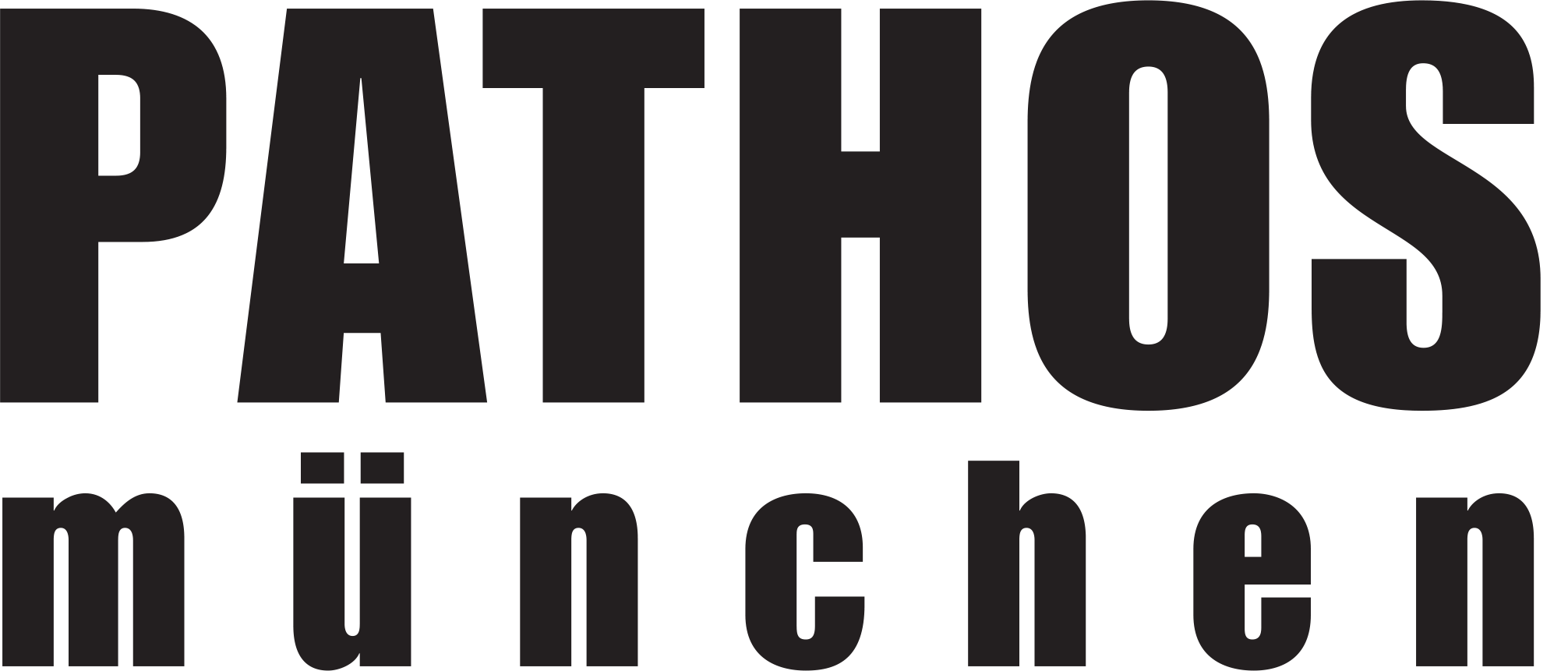The Chorus
Workshop Four
Online, Monday 20 July 2020, 6.30-8pm
Aims of the session
- Share the work compiled by the sound designer and gather the feedback from the group.
- Come up with more specific ideas of what the form could take, based on the ideas discussed in session 3
- Continue building the ethos of co-collaboration
Task 4
part 1 Our Own Perspectives
Last week, we used our observations, and our imaginations, to engage with photographs of oppression and resistance. In this task, we’ll be thinking, and writing, from our own points of view, about oppression and prejudice. Once that’s finished, you can move on to part 2 if you have time - which returns to looking at photographs.
What you’ll need:
- Your recording device
- Somewhere fairly quiet so there’s not too much background noise while you’re recording
- Your notes from the session on Monday 27th July 2020.
As usual, you might want to read through all these instructions before you start.
Oppression, Prejudice, and Resistance
At the session on Monday, you were asked to do 2 minutes of free writing on five questions:
- Can you write about a time when you’ve felt on the receiving end of prejudice or oppression?
- Can you write about a time when you’ve behaved in a prejudiced way towards someone else, or a time when you’ve oppressed someone else?
- Can you tell us about a time when you’ve taken action to resist prejudice or oppression?
- During your own lifetime, what positive changes have you seen in relation to prejudice or oppression?
- When you think about prejudice and oppression, what are your hopes for the future?
In this week’s recording task, we’d like you to record one minute of thoughts in response to each of these questions. You’ve already spent two minutes writing notes to get you started. You might want to spend some time thinking in detail about your responses to each of these questions.
Some thoughts: As we’ve discussed in sessions, everyone has at one time or another been a victim of some form of oppression or prejudice. These could be on the lines laid out in the Equality Act (“age, disability, gender reassignment, marriage and civil partnership, pregnancy and maternity, race, religion or belief, sex, and sexual orientation”) or something else - nationality, regional background, your physicality, or almost anything. Even the most powerful and privileged will, at one time or another, have experienced a form of oppression or prejudice.
Also, at one time or another all of us are likely to have behaved - deliberately or unconsciously - in a way that oppresses someone else, or demonstrates prejudice towards them. Having done this doesn’t make us Bad People. But it’s important for the story we’re telling to be open and honest about the fact that we all live inside systems of oppression - and by recognising that, hopefully we can make change.
It’s also really important that we take some time to note the actions we’ve taken in our own lives to resist oppression and prejudice. These don’t have to be large actions, or grand political gestures - they could be small and domestic and be just as important and powerful.
In the last couple of questions, we’ve asked you to reflect on positive changes that you’ve seen and to describe your hopes for the future. I found this quite empowering when I was doing the writing in the session - at a time when things can seem dark, it’s helpful to reflect on areas of light and progress. And when it comes to the future, feel free to be as optimistic and forward-thinking as you can. I found it tempting to be ‘I’m hoping for the worst, but expecting the best’. This is legitimate, but what if we just focused on the things we hope for? Might that help us achieve them?
Recording and sending the task
You’re going to record up to one minute on each of the five questions - so five minutes in total. It’s really helpful if you record a separate file for each of the five, I.e. send us five audio files of up to one minute’s length.
Part 2: Observer, Protagonist, Antagonist
In task 3, you looked at a pre-selected image and explored it from the perspective of three people: the observer behind the camera, the protagonist in the image, and the antagonist.
For part 2, you’ll repeat this process, but this time, you’ll select your own image. I’d like this to be an image of resistance to oppression. But it might be really different to the Woman in the Dress and Woman with the Handbag images. I’m really looking forward to seeing what you come up with for this! Google Images is a great place to start. Your images could be photographs, paintings, stills from the news, or something else - give yourself time to explore as many images as you can til you find one that speaks to you. Once you’ve found a powerful image, follow the same process as in Task 3. Record up to three minutes for each of your observer, protagonist, and antagonist, and send it to us by the 10th August.
Feel free to refer back to the notes from Task 3 to give you inspiration.
RELATED PAGES
CREATIVE PARTNERS
SUPPORTED BY




